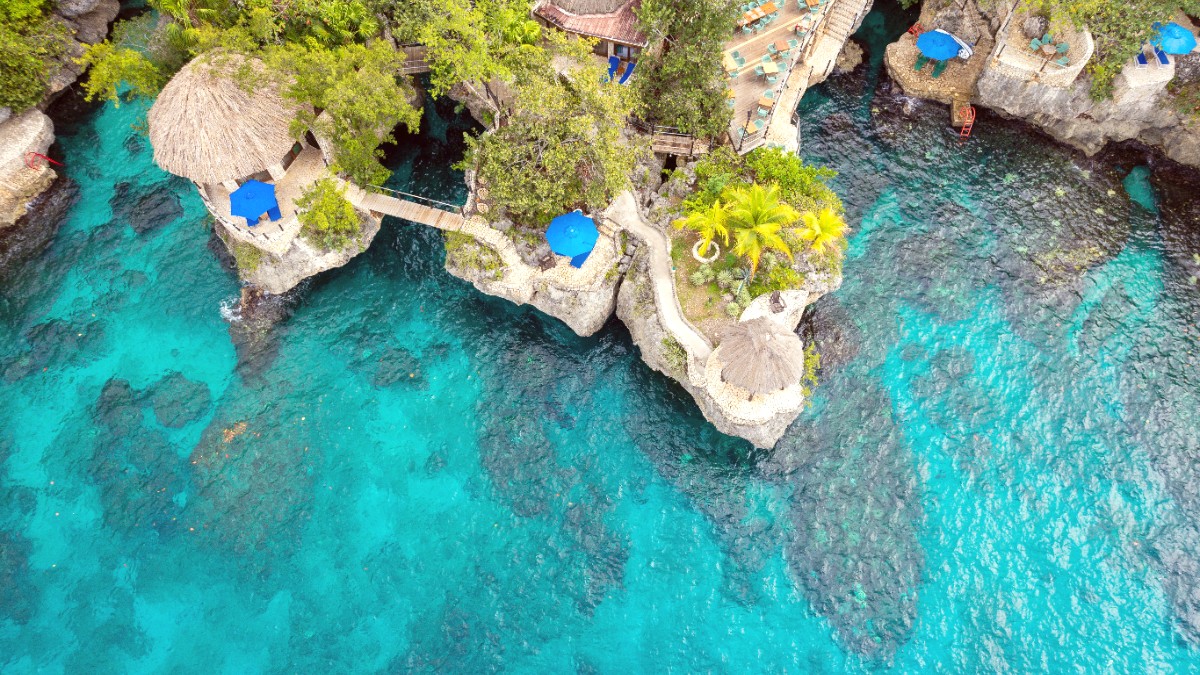
Jamaica
Jamaica's first marine park, a protected area for marine biodiversity. It backs coral reef restoration, mangrove protection, and public education. Snorkeling or diving here supports a protected zone.
Non-profit organizations and community groups organize beach cleanups, environmental education, and reef monitoring. Your support helps these efforts.
Waste management infrastructure is limited outside major tourist areas. Recycling facilities are not widespread or easily accessible. Minimize your waste. Use reusable water bottles and shopping bags.
Further steps for environmentally conscious travel.
Jamaica experiences water stress in certain areas, especially during dry seasons. Fresh water is a valuable resource.
Consider offsetting your flight's carbon footprint. Many reputable carbon offset programs exist. These programs invest in projects that reduce greenhouse gas emissions.
Look for hotels that have environmental certifications like EarthCheck or Green Globe. Properties explicitly stating sustainability practices are good choices.
Support tour operators dedicated to protecting the environment. These businesses show a commitment to sustainable practices. They contribute positively to the local ecology.
Minimize plastic waste by carrying your own reusable water bottle.
Shop Reusable BottlesAvoid plastic bags by bringing your own reusable shopping bag.
Shop Reusable BagsCarry a reusable water bottle and refill it. This lessens plastic waste, which is a big issue for island nations.
Efforts are active in Jamaica to preserve historical sites, like Great Houses and churches. These initiatives promote traditional arts and crafts. Support these endeavors.
Always greet people warmly. A "Good morning," "Good afternoon," or "Good evening" is customary before asking questions or making requests. Embrace the relaxed pace of life.
Always ask permission before photographing individuals, especially children. Some people might not wish to be photographed. Respect their requests if they decline. Be discreet.
When visiting churches or other religious sites, dress respectfully (shoulders and knees covered). Remove hats before entering. Speak quietly and avoid loud conversations.
Learn about the Maroon people's fight for freedom and their self-governed communities in Accompong.
Explore the history of sugar plantations at places like Greenwood Great House.
Understand the island's reliance on agriculture through visits to farms and plantations.
Your travel choices directly impact the local economy in Montego Bay. Choose wisely to support the community.
Support tours and attractions that directly benefit local communities. Seek out authentic community tours for a real local connection.
Local craft markets let you support individual artisans directly. Your money stays within the community, fostering local talent.
Purchase souvenirs and goods from local artisans. This supports the makers, not large corporations or imported goods. Look for "Made in Jamaica" labels.
If you wish to donate, do so through reputable local charities or community projects. Direct giving to individuals sometimes encourages begging.
Donate through established local charities. This safeguards your contribution reaches those truly in need.
Look for community projects focusing on education, health, or environmental causes.
Giving money directly to individuals sometimes creates dependency or encourages begging.